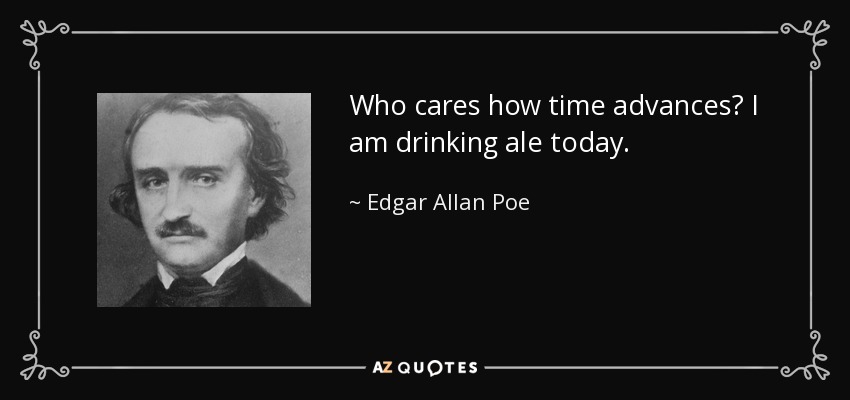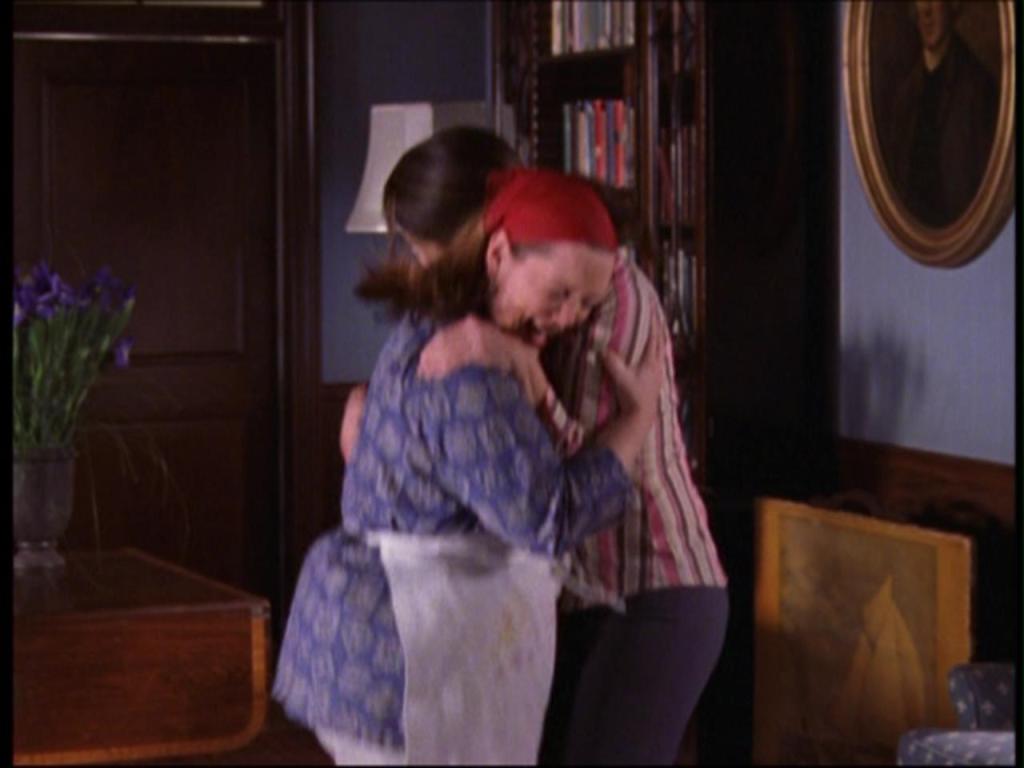
RORY: You’re still doing okay?
JESS: Doing my reading, writing, and arithmetic.
RORY: And you’re still going, right?
Reading, writing, and arithmetic, the basic skills taught in schools, and often used as a shorthand to refer to schooling or education in general. They have been referred to together as far back as the writings of St Augustine, in the 4th century.
Jess has not shared with Rory that he is barely (or ever?) going to school any more, showing that their relationship is not as close as Rory might think. From comments by Lorelai, it seems as if Rory only sees Jess on weekends. This is really different from when she was with Dean, but she is in her senior year of high school, and may not have as much time to spend with a boyfriend.
Another difference between her relationship between Jess and Dean is that Rory nagged Dean quite a bit about his academic ambitions, and encouraged him to apply to college. Yet Rory only tentatively asks Jess whether he is regularly attending school, and makes a diffident offer to help him with his work if needed.
Has she learned to be a bit more hands off, or does she lack the confidence to question Jess the way she would have with Dean? Jess is very good at keeping people at an emotional distance, and it looks as if he has done it even with his own girlfriend.








